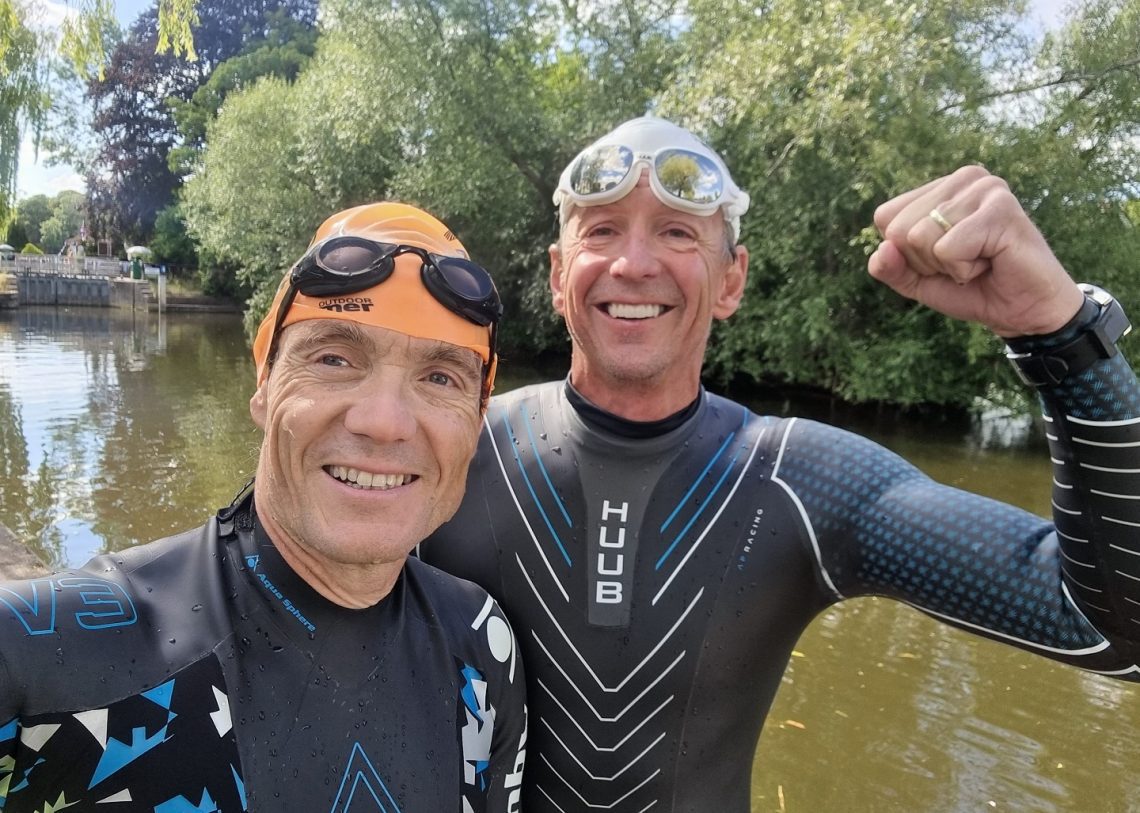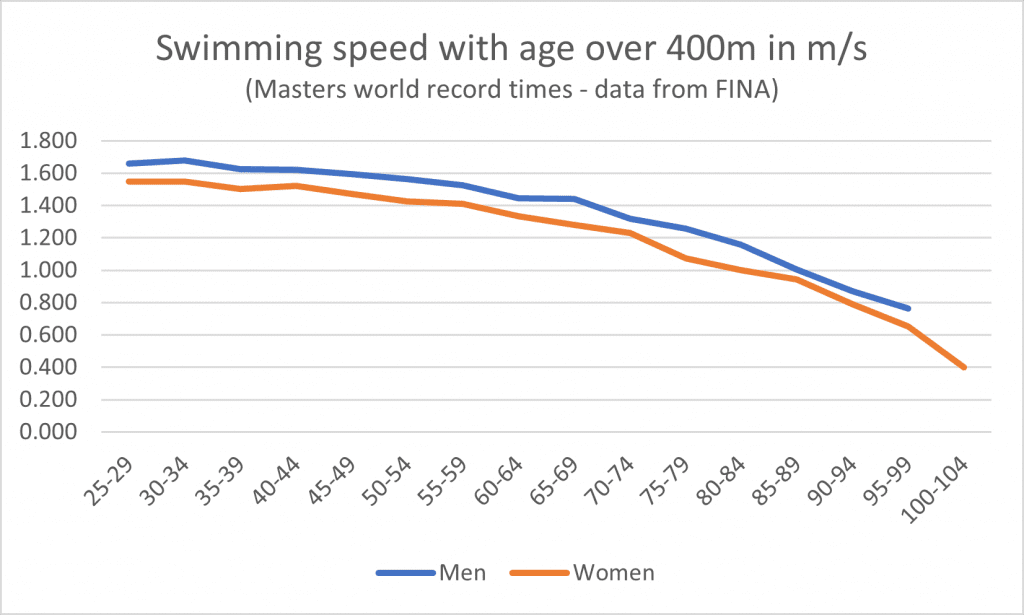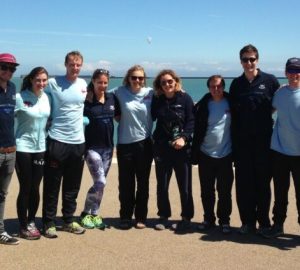
Advantages of getting older as a swimmer
It’s not all doom and gloom
Perceived wisdom about sport is that as we get older we slow down, get more injuries, take longer to recover and suffer declines in strength, aerobic capacity and flexibility.
These changes are seen as remorseless and inevitable, but don’t despair. There are advantages to getting older that we talk about much less but are real nevertheless.
Of course, “older” is a relative term. For me, it starts about 10 years ahead of where I am now. I don’t feel old at 55 but I know my 45-year-old self would have considered it as getting on a bit, while my 35-year-old self thought it was ancient. Perspectives obviously change with aging, but from where I am now, here are some of the benefits of getting older as an athlete.
Experience
Experience counts for a lot in sport, both in the competitive arena and in how you plan and manage your training. Young people employ coaches because of their experience – but your own experience is what’s most valuable to you as you get older. Provided you’ve experimented over the years and been mindful of the outcomes you should, for example, have a good sense of:
- What pacing strategies work best for you
- How to manage your nutrition up to and during an event
- What tactics to use in races
- How to find a good balance between training and recovery
- What training suits you best
Knowledge
The longer you’re involved in a sport, the more you will have absorbed the accumulated wisdom about that sport. Even if you don’t have perfect swimming or running technique, for example, you have a good idea what it looks like and can therefore work towards it. You know what the kit choices are, what you really need and what you can do without. You know which events are out there and how to maximise your chance of getting into those with limited entry. You have a vast bank of sessions you can call on for when you’re training. You know what exercises to do to reduce your risk of injury.
Skills
Skills can take thousands of hours to perfect. Sure, some elite athletes in the teens and twenties have skills far superior to what most of us can achieve in a lifetime – but what did they have to give up to get there? As an older athlete, you’ve had years to refine your skills – not in an intense all-consuming burst in your youth but gradually over decades. I last played my father at squash when he was in his mid-50s. I was much fitter than him but could never beat him due to his skill in dominating the court and placing his shots. Sadly he died from cancer at the age of 57 and we never had the chance to test if he could keep his winning streak into his 60s and 70s, but I’m sure he would have been a tough opponent for many more years. In swimming, there is no reason not to keep working on and refining your technique as you age, and you may find this partially compensates for declining fitness and strength. I’m sure this is true for other sports too.
More resources
This won’t be true for everyone, but many people find they have more time and money as they get older. Children grow up and leave home, work may become less intensive, mortgage payments decrease as a share of income or get paid off. This, in turn, may allow for more training, or more rest and recovery (or both). In sports where performance is partly determined by the quality of your equipment, you may be able to afford better stuff than you had previously.
Fewer injuries?
This one is controversial, hence the question mark, but I have a hypothesis that it may be possible to reduce injuries as you age. I asked the question on Twitter and opinion (and experience) was split, with some people saying more and others fewer. But here are some reasons why I think you might be able to reduce your injury risk with age:
- You know your body better and therefore what is likely to trigger injury, so you can avoid the triggers
- You have learned to respect and look after your body with good nutrition, sufficient sleep, and regular mobility and injury prevention exercises
- You recognise and respond to the warning signals of injuries sooner
- Years of exercise and training have toughened you up
More gratitude and joy
I’ve had periods in my life when, due to injury, I’ve wondered if I’d ever be able to swim or run properly again. That I can, is something I’m extremely grateful for. As a younger person, I would have simply expected to get better. This gratitude has increased my enjoyment of sport. I also know what I want to do and, importantly, what I don’t want to do. I do more of the former and try to eliminate the latter. I’ve always enjoyed being active but I appreciate it so much more now than when I took it for granted.
You will, inevitably, at some point get slower. If you plot the world record speeds in masters swimming, for example, you will see a line that declines with age. But speed isn’t everything in sport. And the wisdom that comes from being in sport a long time allows you to accept that, and open your mind to all the other benefits of aging.
(Featured image shows Greg Whyte (centre, in Huub wetsuit), same age as me, and not letting age be a barrier to him attempting to set a world record)









